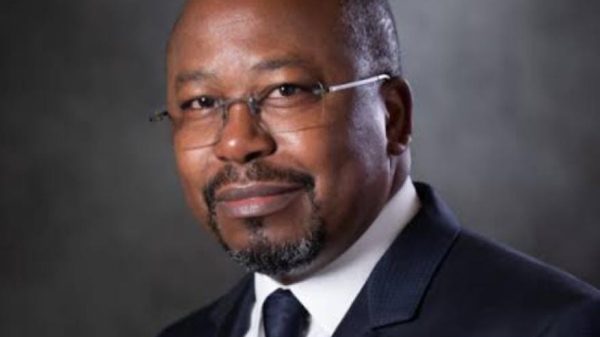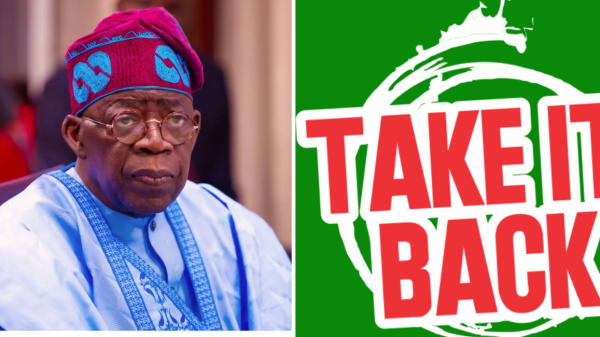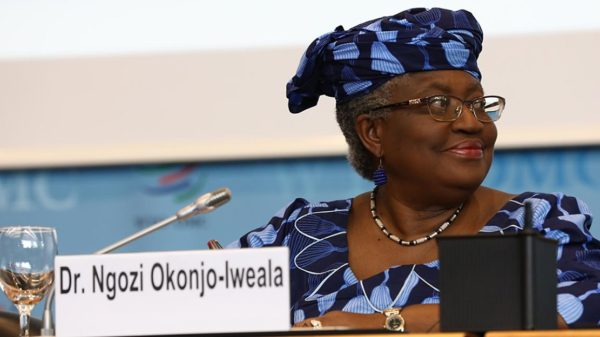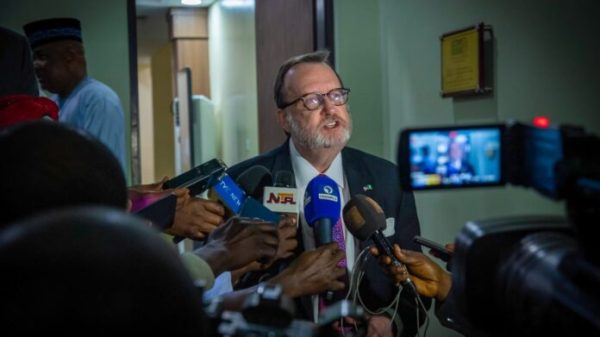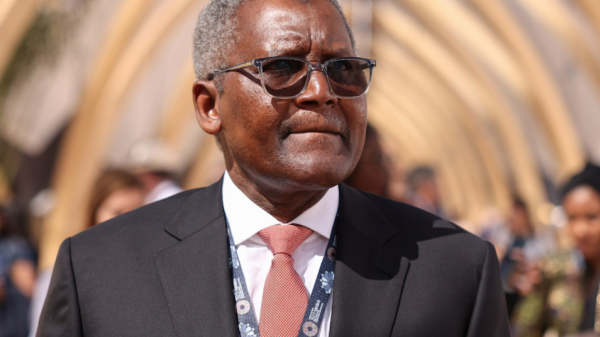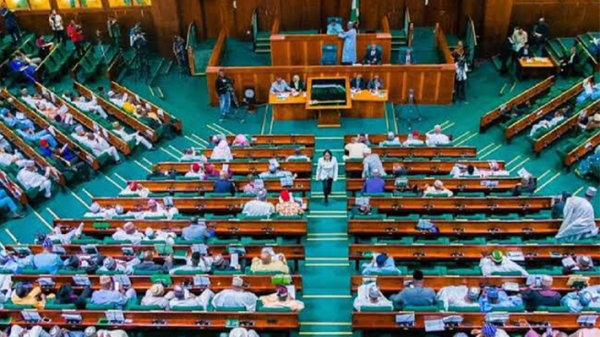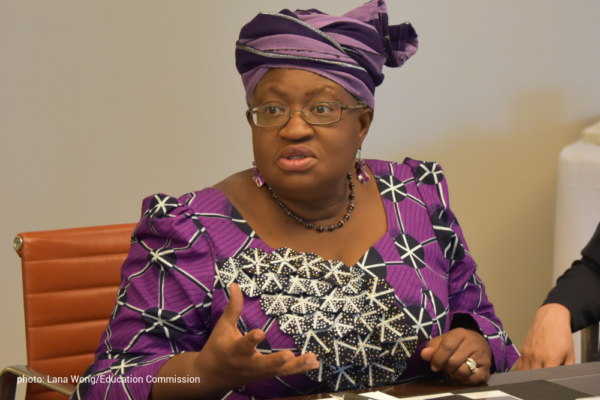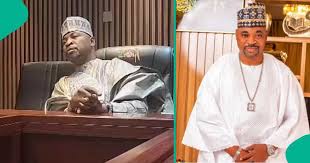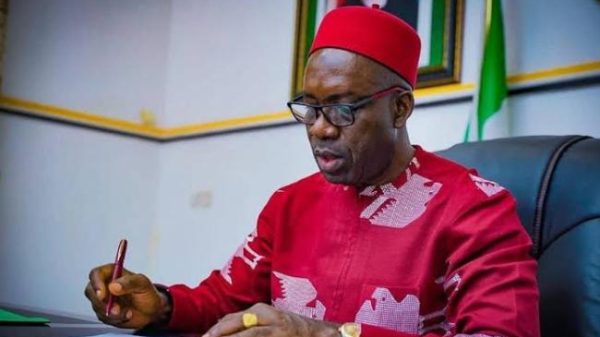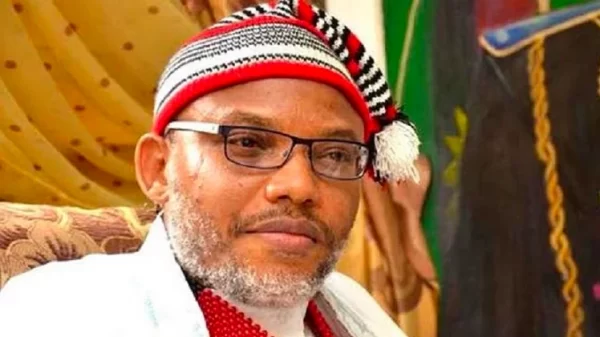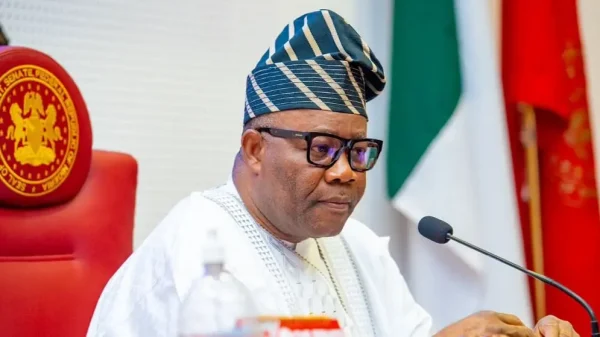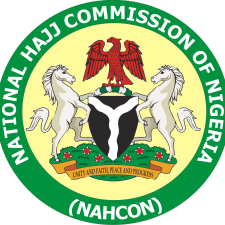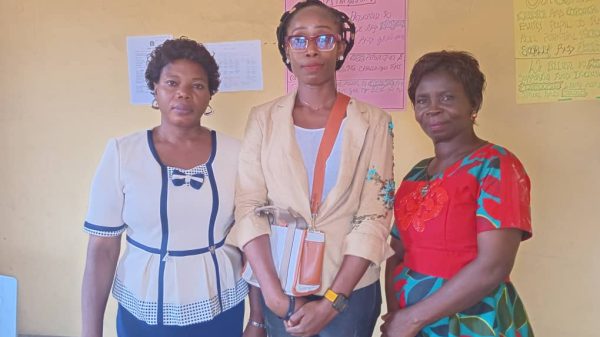The African Union (AU) faces significant challenges as it strives to address the continent’s complex issues. A key point of debate is whether AU Commissioners should be elected based on their ideas and policies rather than personal attributes. This perspective highlights a broader concern about the AU’s ability to tackle Africa’s multilateral challenges effectively.
According to critics, the AU’s relevance depends on its leaders’ ability to renew Africa’s broken multilateralism. This call for renewal is rooted in the belief that the current system is insufficient for addressing the continent’s problems. Agenda 2063, the AU’s strategic framework for the continent’s development, does not specify the ideal type of inter-governmental organization needed for Africa’s future. This omission has led to discussions about the AU’s structural efficacy and its capacity to drive meaningful change.
The Pan African Federalist Movement (PAFM) argues that no amount of institutional reform can transform an intergovernmental organization without sovereignty into an effective problem solver. To address this, the PAFM advocates for the First Pan African Federalist Congress, which aims to assess whether AU member states prefer a continental inter-governmental organization, a federation, or a unitary government.
The PAFM’s proposed solution includes organizing referendums in each AU member state to give citizens a direct role in deciding the continent’s governance structure. This approach seeks to ensure that the choice of Africa’s future governance model reflects the will of the people, rather than being dictated by existing institutional frameworks.
The ongoing debate underscores the need for a more effective and representative system of governance within the AU. As the continent grapples with its political and economic challenges, the PAFM’s call for a fundamental reevaluation of the AU’s structure and its leadership selection process aims to ensure that Africa’s future is shaped by informed and democratic choices.
For now, the conversation around AU reform continues, with stakeholders and citizens alike watching closely to see how the continent will navigate its path forward. The discussion reflects broader concerns about governance, sovereignty, and the effectiveness of regional institutions in addressing Africa’s diverse needs.


